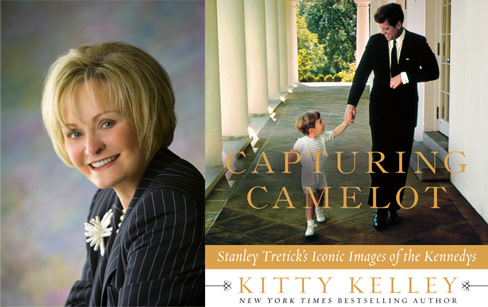Capturing Camelot: A Q&A with Kitty Kelley
By Megan McDonald
Kitty Kelley will visit the Women’s Resource Center next week to discuss and sign her new book.
Kitty Kelley, the writer known for her popular—and often controversial—biographies of American celebrities, has just published a new book: Capturing Camelot: Stanley Tretick's Iconic Images of the Kennedys, which features more than 200 photos of President John F. Kennedy and his family that Kelley curated from the archives of her dear friend, the late photographer Stanley Tretick. In the book, Kelley traces the friendship between the photographer and the president, who worked closely together during Kennedy's tenure in the White House, as well as her own warm relationship with Tretick.
Kelley will be in Sarasota on December 4 as part of the Women’s Resource Center’s “Magical Time Luncheon,” where she’ll discuss and sign Capturing Camelot; she answered a few questions about the book, her friendship with Tretick and her career as a writer in advance for us.
[caption id="attachment_372" align="alignnone" width="448"]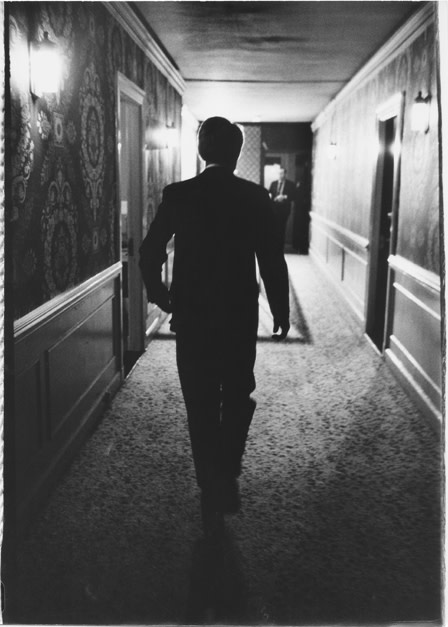
What was the inspiration for this book?
I found so many photographs in [Stanley Tretick’s] archive that had never been published before, and I thought they would be a wonderful gift for people. In addition to the photographs—70 percent of which have never been seen before—there are also diary excerpts and memos Stanley wrote and kept, and letters from John F. Kennedy and Jackie. I thought it was an important thing to assemble, especially to celebrate the 50th anniversary of the Kennedy administration. I feel like it’s a love letter to history.
[caption id="attachment_381" align="alignnone" width="448"]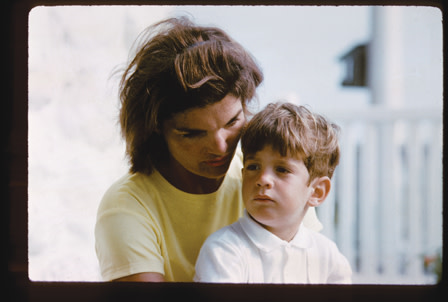
Why do you think people are still so fascinated with the Kennedy family and its legacy?
Polls show that there is no 20th-century president more beloved than JFK, and he remains so today despite accusations of marital infidelity and reckless behavior. I think he remains so popular because he represented so much hope—and I think the American people can identify with a man who was, on the one hand, Ivy League-educated with gorgeous looks and fantastic wealth, but who also experienced great loss in the short life he lived and who ultimately died tragically. His frailty, his humanity, still resonates with people.
[caption id="attachment_376" align="alignnone" width="448"]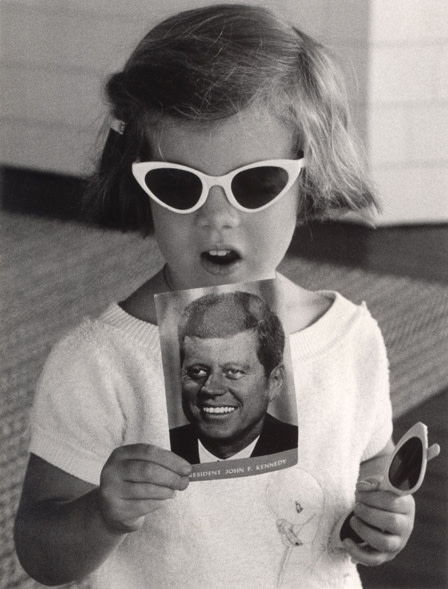
Describe your friendship with Stanley Tretick and how you came to be in possession of all these photographs.
I met Stanley in 1981 and we became very, very good friends. He was like a big brother, a mentor, a real pal without parallel. When I visited him, I would always ask what he kept in the green Marine Corps locker that he used as a coffee table. He’d wink at me and say, “Nude photos!” and so I just dropped the subject—that was that.
Almost 20 years later, the Marine Corps locker was delivered to my house after Stanley died, and my husband asked what was in it and told me to open it. I told him nude photos and said that I didn’t want to open it because I didn’t want to remember Stanley that way.
But my husband opened the locker anyway, came into the room where I was, and said, “There are no nude photos—it’s a bunch of letters and diaries from the Kennedys.” So of course I went and looked, and I discovered a wonderful, sentimental treasure chest full of not just archives of the Kennedy family but also of movies—Stanley had worked with Robert Redford and Dustin Hoffman and Warren Beatty—and Martin Luther King Jr. and Bobby Kennedy.
[caption id="attachment_380" align="alignnone" width="448"]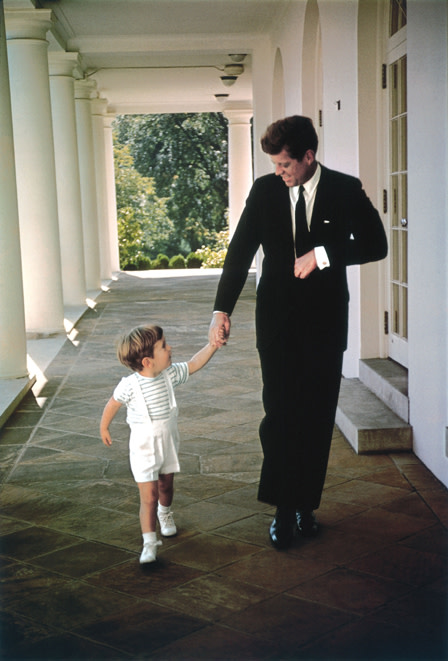
What was the process of writing the book like?
I didn’t think to do a book at first—only after I really started combing through the 500,000 photographs and mementos. And this one was so different than my other books, which require years of research and hundreds of interviews. After I went through the locker, I curated the photographs, which took awhile but was such a pleasant project.
The biographies I’ve written [in the past] have been real labors of love—I enjoyed writing them, but they were labors. This one was really not so much labor. I wanted to honor my friendship with Stanley but, more importantly, I wanted to honor his friendship with the president.
[caption id="attachment_375" align="alignnone" width="448"]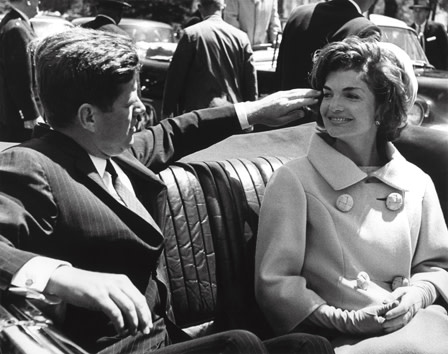
What about biography appeals to you as a writer?
I love biography—I love being able to center someone’s life story within the history of our time. And I don’t mean any old celebrity, but someone who has left some kind of footprint on our politics or culture. Those are the people who fascinate me. And actually, I started my biography career writing about Jacquelyn Kennedy Onassis in 1978, and I just finished reviewing the new Joe Kennedy biography for the Washington Review of Books, so I feel like I’m delightfully up to my ears in Kennedy!
[caption id="attachment_374" align="alignnone" width="448"]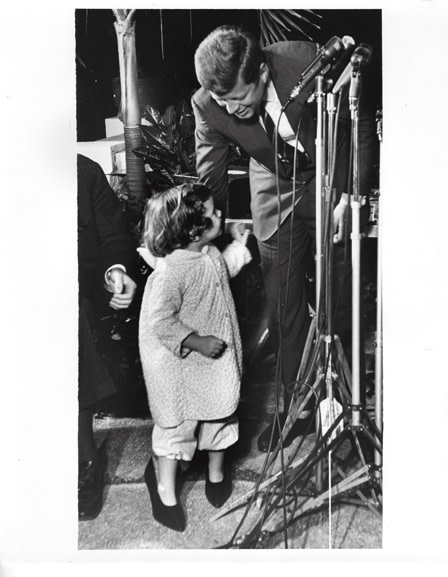
[caption id="" align="alignnone" width="448"] © Estate of Stanley Tretick, LLC. All rights reserved.[/caption]
© Estate of Stanley Tretick, LLC. All rights reserved.[/caption]
Which of your books is your favorite?
Always the last one I’ve written! It’s like finishing a marathon. You don’t believe you’ll ever do it, you’re more than winded when you get through, you vow you’ll never do another one—so of course it’s your favorite. But I really put that in context because everyone, once done, is the favorite.
[caption id="attachment_377" align="alignnone" width="448"]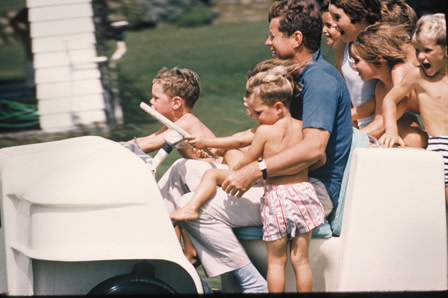
Who haven’t you written about that you’d like to?
I’d certainly like to read a very, very good biography on Hillary Clinton or Barack Obama. I don’t know that I want to undertake either one, but I think they’re both key figures in American life today and deserve a great biography.
[caption id="attachment_379" align="alignnone" width="448"]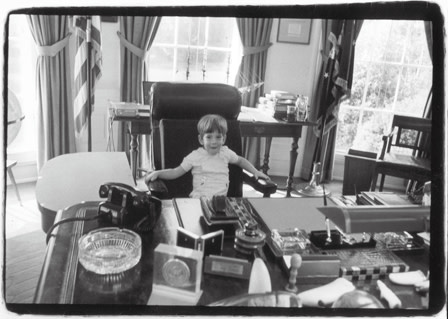
What’s next for you?
While I was curating the photos for this project, I found about 200 photos of the March on Washington, which will celebrate its 50th anniversary next year. So my next book will be about the march; it’s called Let Freedom Ring, and it’s like this book in that it comes from Stanley’s archives. The March on Washington was really the crescendo of the Civil Rights movement, and it’s such an important slice of history.
[caption id="attachment_382" align="alignnone" width="448"] © Estate of Stanley Tretick, LLC. All rights reserved.[/caption]
© Estate of Stanley Tretick, LLC. All rights reserved.[/caption]
To buy tickets to the Women’s Resource Center’s “Magical Time Luncheon,” featuring Kelley as speaker, click here.
